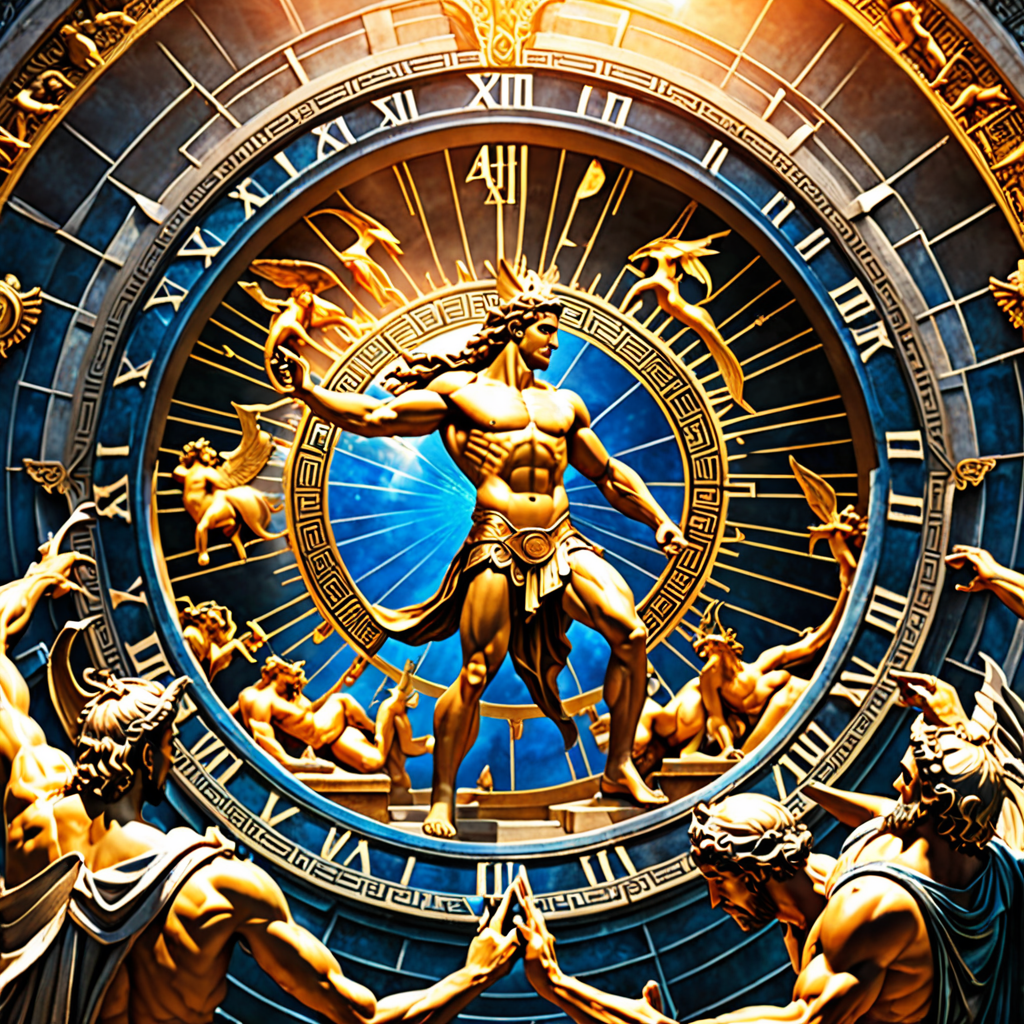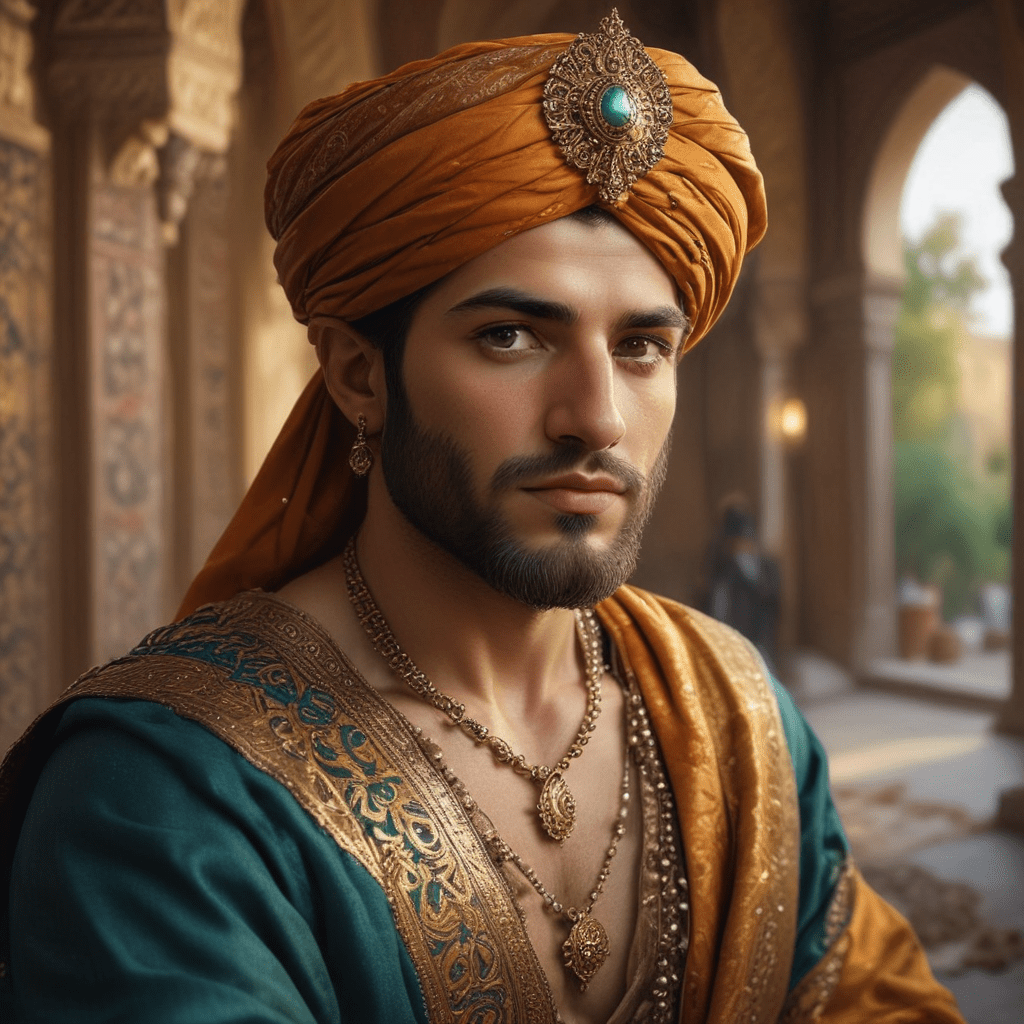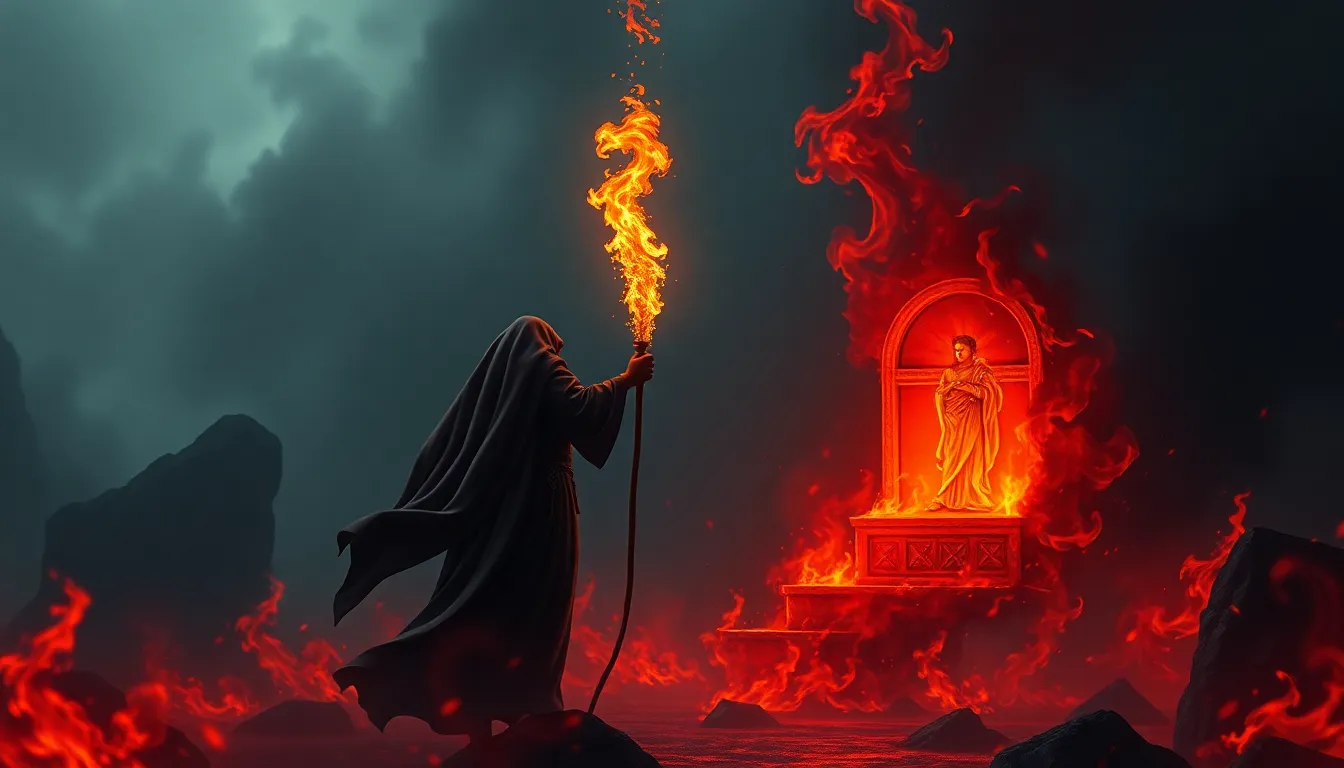The Representation of Time in Greek Mythology
In Greek mythology, time is a concept often intricately woven into the stories and narratives of the ancient gods and heroes. Let’s delve into how time is represented within the rich tapestry of Greek myths.
The Primordial Gods and Personifications of Time
Within Greek mythology, the concept of time is personified in the form of two entities: Chronos and Kairos. Chronos represents sequential time, commonly associated with the ticking of clocks and the structured passage of moments. Kairos, on the other hand, embodies a more qualitative and opportune aspect of time, often depicted as the “perfect moment” or the fleeting nature of opportunity.
The Role of Time in Mythological Narratives
Time plays a vital role in shaping the narrative arcs of many Greek myths. The notion of mortal life being bound by the finite nature of time is a recurrent theme in stories such as the tale of Odysseus, who spends years trying to return to his homeland. Additionally, prophecies and predictions often introduce an element of time-sensitive urgency to the heroic quests undertaken by figures like Hercules and Perseus.
The Cyclical Nature of Time in Greek Mythology
While Greek mythology acknowledges the linear progression of time through stories of births, deaths, and epic adventures, it also embraces the cyclical nature of time. This cyclical essence is exemplified in the recurring patterns of natural phenomena like the changing seasons, symbolizing the eternal cycles of renewal and regeneration.
Temporal Symbols and Imagery in Greek Art and Literature
Artworks and literature from ancient Greece often incorporate symbols and imagery related to time. The depiction of mighty gods wielding the powers to manipulate time, such as the turning of hourglasses or sundials, serves as a reminder of the omnipresent influence that time exerts over mortal and immortal alike.
Exploring the nuanced representations of time in Greek mythology not only offers insights into the ancient Greeks’ perception of temporal realities but also provides a timeless fascination with the eternal dance between fleeting moments and enduring legacies narrated through myth and legend.
FAQs about The Representation of Time in Greek Mythology
What role does Time play in Greek Mythology?
In Greek Mythology, Time is personified as Chronos, often associated with eternity and immortality. Chronos represents sequential time and the unfolding of events in a linear fashion.
How is Time depicted in Greek Mythology?
Time is represented differently in Greek Mythology. Chronos, the god of time, is sometimes depicted with a serpent-like body, consuming its own tail symbolizing the eternal cycle of time.
Is there a connection between Time and fate in Greek Mythology?
In Greek Mythology, Time and fate are intertwined concepts. The Moirai, or the Fates, are three goddesses who control human destiny, weaving the tapestry of life and determining the lifespan of mortals.
How does Greek Mythology explain the concept of eternity?
Eternity in Greek Mythology is portrayed through the idea of a timeless realm where gods exist beyond the constraints of mortal time. The eternal nature of the gods contrasts with the fleeting lives of humans.
Are there any myths that specifically explore the nature of Time in Greek Mythology?
One notable myth is the story of Cronus (also known as Kronos), who represents Time as both a destructive and generative force. Cronus, the youngest Titan




